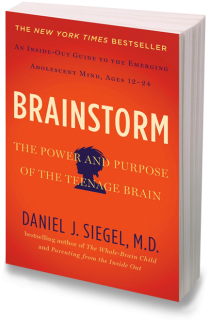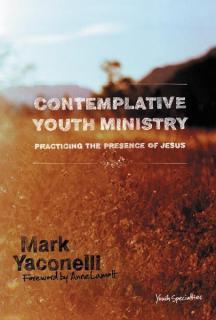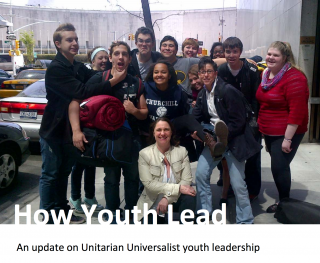#1 Healthy Relationships, Shared Leadershiip
Volunteers and staff in youth ministry should be responsible role models with healthy boundaries who can be in authentic, covenanted relationship (PDF) with young people and practice youth-adult partnerships.
Adolescence is a time of increasing complexity, and youth construct their identities based on their experiences. Adolescents are best supported in their racial and gender identity development by knowing diverse people in multiple contexts and having strong role models to whom they can relate. Meaningful engagement with adults who are living authentically nurtures appreciation of our inherent human diversity. By acting with integrity, adults in youth ministry are able to articulate their own belief system and live their lives as Unitarian Universalists.
Competency in this area means understanding power dynamics and the spectrumof shared leadership (PDF), meaning that more or less responsibility is given to youth based on their skill, their developmental stage, their training and their current capacity.
Training: Healthy Youth/Adult Relationships
Video recording (1 hour, 18 minutes)
Audio only (1 hour, 18 minutes)
HOSTED BY: Eric Bliss (Pacific Western), Evin Carvill-Ziemer (Central East), Hope Laub (emerging adult), Kabir Kuriyan (emerging adult).
PRESENTED: October 12, 2016
Explore current healthy practices in youth and adult relations in congregational and other settings. Topics of emphasis include proper boundaries, adult roles and authority, sharing leadership, and mentoring: the challenges presented and tools to overcome them. Youth leaders join UUA staff to share their experiences of good youth-adult partnership.



